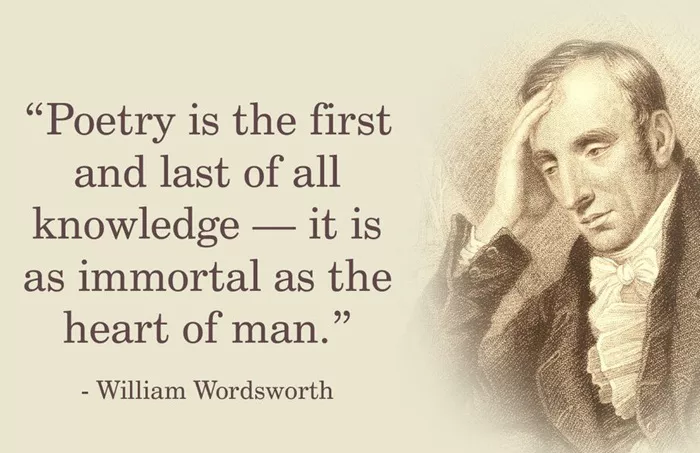Welcome to Poem of the Day – A Poet’s Epitaph by William Wordsworth
William Wordsworth was one of the most important poets of the Romantic era. He believed that poetry should express deep feelings in simple language. His poem A Poet’s Epitaph is a fine example of his ideas. In this article, we will explore the meaning and message of the poem. We will also look at how Wordsworth speaks about the life and death of a poet.
A Poet’s Epitaph Explanation
A Poet’s Epitaph was first published in 1799 in Lyrical Ballads, a collection of poems by Wordsworth and Samuel Taylor Coleridge. The poem reads like an inscription on a gravestone. It is not only about death but also about how a poet wishes to be remembered. The tone is quiet and thoughtful.
Summary of the Poem
In this poem, Wordsworth imagines a gravestone for a poet. He speaks in the voice of someone who sees the poet’s grave and reads the words written there. The epitaph says that the poet was not very famous. People often misunderstood him. He did not seek money or praise. He cared more about truth and feelings than success.
The speaker says the poet had a deep love for nature and for the simple joys of life. But this love also made him feel sadness. The poet’s heart was gentle. He often felt pain in a world full of noise and ambition.
Themes in the Poem
1. The Lonely Life of the Poet
The poem shows the poet as a lonely figure. He is not well known or celebrated. People do not always understand him. This reflects Wordsworth’s idea that true poets are often outsiders. They live quiet lives, filled with deep thought.
2. The Value of Inner Truth
Wordsworth shows that real poetry comes from the heart. The poet in the poem does not care about fame. He wants to be honest. He listens to his own feelings. Wordsworth admired this kind of sincerity. He believed it was the mark of a true artist.
3. Nature and Emotion
Nature plays an important role in Wordsworth’s work. In this poem, the poet finds comfort and beauty in nature. But even this beauty can bring sadness. The poem suggests that strong emotions and a love for nature go hand in hand.
4. Misunderstood Genius
The poet in the poem is misunderstood by society. This reflects a common Romantic idea. Many Romantic poets believed that society could not understand true genius. The poem suggests that we often value the wrong things—such as wealth and fame—and ignore those who see life more deeply.
Structure and Style
The poem is written in simple, direct language. This was unusual at the time. Most poetry in the 18th century used complex words and formal style. But Wordsworth wanted to write for everyone, not just the educated class. He used plain words to speak deep truths.
The rhythm of the poem is gentle and slow. This matches the calm and thoughtful mood. The tone is sad but also peaceful. Wordsworth wants us to feel respect for the quiet life of the poet.
Why This Poem Still Matters
A Poet’s Epitaph is still relevant today. In a fast world full of noise, the poem reminds us to slow down. It teaches us to listen to our feelings. It encourages us to value honesty and deep thought. It speaks for all those who live quietly but feel deeply.
Many people today still feel like the poet in the poem. They want to create something meaningful, even if the world does not notice. This poem gives comfort to such people. It says their life has value, even without applause.
Conclusion
William Wordsworth’s A Poet’s Epitaph is a moving reflection on the life of a true poet. It shows how a poet may live without fame, but with a rich inner world. The poem speaks of love, nature, and deep feeling. It reminds us to look beyond the surface and see the worth of quiet souls. With its clear message and gentle tone, this poem continues to inspire readers who seek meaning in a noisy world.

